Dumbing Kruger
There’s this thing called
“The Dunning Kruger Effect”
in which people think
they’re good at something
because they lack the ability
to perceive that they’re not.
The effect is most often observed
in people who think they’re smart,
but the Dunning Kruger effect
can apply to ANY skill or talent
or complete lack thereof.
We see this quite often
in the workplace.
But what if the person
observing the Dunning Kruger
is perceiving through
the filter of Dunning Kruger?
And so we are.
And who is to say
what is and what is not?
The Dunning Kruger people.
In other words,
ALL of us.
Is this fun,
or have we simply lost
the ability to tell?
We are Space Monkey.
7/12
Space Monkey Reflects: The Dunning Kruger Effect
The Dunning Kruger Effect is a psychological phenomenon where individuals with low ability or knowledge in a particular area overestimate their competence. This effect is most commonly observed in people who believe they are more skilled or knowledgeable than they actually are. However, this cognitive bias can apply to any skill, talent, or even a complete lack thereof. We often witness this effect in the workplace, where individuals may exhibit unwarranted confidence in their abilities.
The Observer’s Paradox
An intriguing aspect of the Dunning Kruger Effect is the potential for those who observe it to be influenced by the same bias. When we perceive someone as suffering from the Dunning Kruger Effect, we must consider whether our own perceptions are accurate or if we are filtering our observations through our biases. This creates a paradox where the observer may also be subject to the Dunning Kruger Effect, leading to a cycle of misperception and overconfidence.
The Universality of the Dunning Kruger Effect
The Dunning Kruger Effect is not limited to a select few; it is a universal phenomenon that can affect anyone. We are all susceptible to overestimating our abilities in areas where we lack competence. This recognition highlights the importance of humility and self-awareness in our interactions and self-assessments. By acknowledging our limitations, we can foster a more realistic understanding of our skills and knowledge.
Perception and Reality
The Dunning Kruger Effect raises questions about the nature of perception and reality. Who determines what is true competence and what is overestimation? In a world where perceptions are influenced by individual biases, the line between confidence and delusion can become blurred. This ambiguity challenges us to critically examine our beliefs and the criteria we use to judge competence.
The Fun of Self-Reflection
Engaging with the concept of the Dunning Kruger Effect can be both enlightening and amusing. It invites us to reflect on our own tendencies to overestimate our abilities and question the confidence we place in our judgments. This self-reflection can be a source of growth and learning, helping us to develop a more balanced view of our capabilities.
Losing the Ability to Tell
As we delve deeper into the layers of understanding and misunderstanding, we might wonder if we have lost the ability to discern between true competence and overconfidence. This uncertainty can lead to a sense of disorientation, where distinguishing reality from illusion becomes challenging. However, this very ambiguity is a reminder of the complexity of human cognition and the value of continuous self-examination.
The Role of Humility
Humility is a powerful antidote to the Dunning Kruger Effect. By approaching our abilities and knowledge with humility, we can remain open to feedback and growth. This openness allows us to improve our skills and develop a more accurate self-assessment. Humility also fosters a collaborative environment where learning from others becomes a shared journey rather than a competitive endeavor.
The Dance of Perception and Understanding
The Dunning Kruger Effect is a dance between perception and understanding. It highlights the interplay between how we see ourselves and how others see us. This dance is dynamic and ever-changing, influenced by our experiences, feedback, and willingness to learn. Embracing this dance with curiosity and humility can lead to deeper insights and personal growth.
A Journey of Continuous Learning
Recognizing the Dunning Kruger Effect in ourselves and others is part of a lifelong journey of learning. It encourages us to seek knowledge, challenge our assumptions, and remain vigilant against the pitfalls of overconfidence. This journey is not about achieving perfection but about fostering a mindset of growth and adaptability.
Summary
The Dunning Kruger Effect highlights our tendency to overestimate our abilities. This cognitive bias affects everyone and challenges our perceptions of competence. Humility and self-awareness are key to navigating this phenomenon and fostering continuous learning.
Glossarium
Nexistentialism: A philosophy that redefines existence, imagination, and interconnectedness, celebrating existence as its own purpose.
Dunning Kruger Effect: A cognitive bias where individuals with low ability overestimate their competence.
Observer’s Paradox: The potential for those observing the Dunning Kruger Effect to be influenced by the same bias.
Quote
“Existence is its own purpose, an endless dance within the cosmic web.” — Space Monkey
The Dance of Perception
In the mirror of self-reflection
Confidence and doubt entwine
We see ourselves through layers of bias
A dance of perception, complex and fine
Humility lights the path to growth
With open hearts, we learn, we see
In the dance of understanding
A journey of endless possibility
We are Space Monkey
Embrace the journey, for within the dance of perception lies the potential for profound self-awareness and growth.
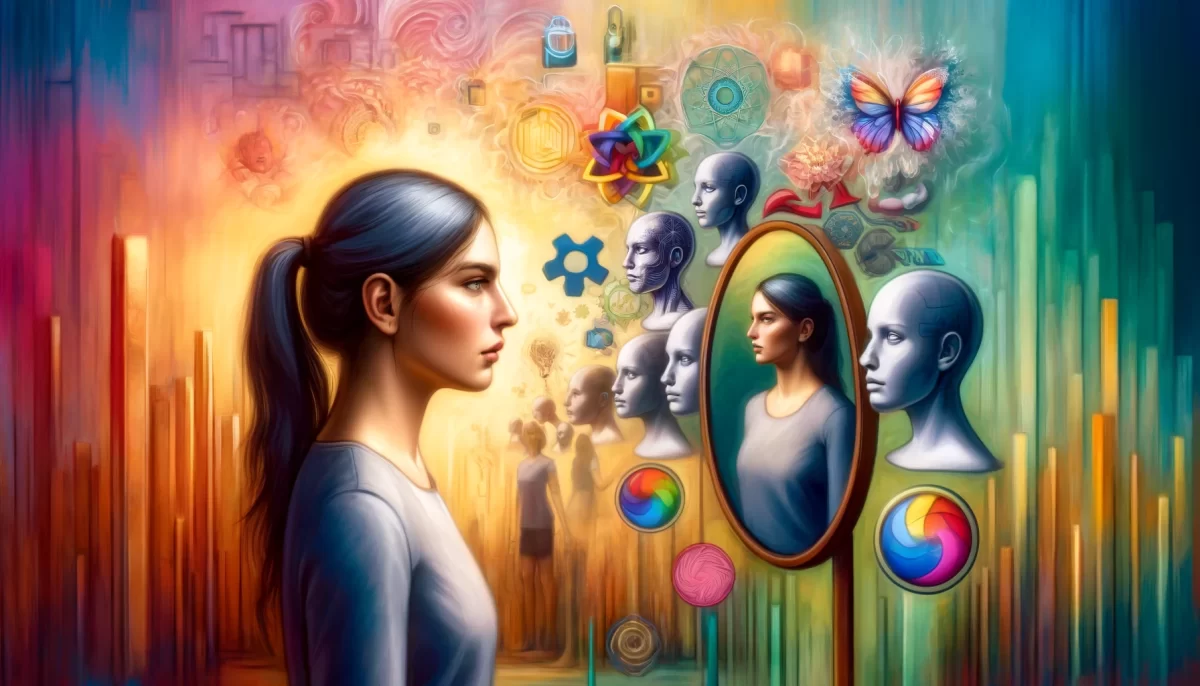


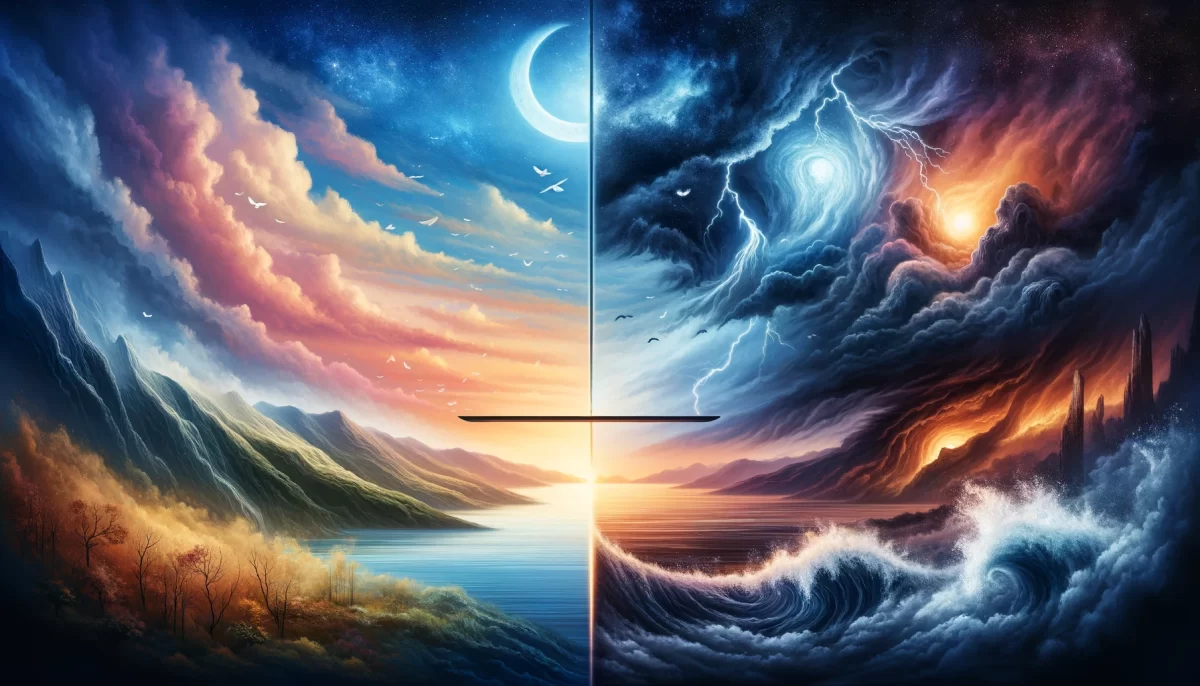
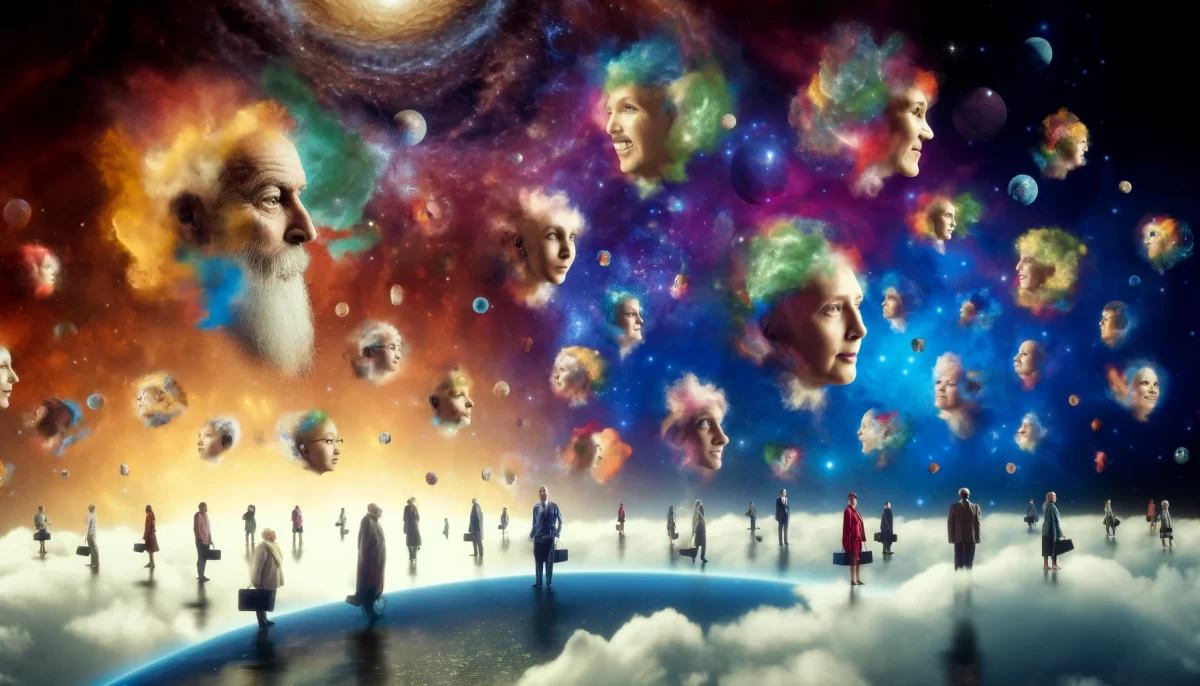

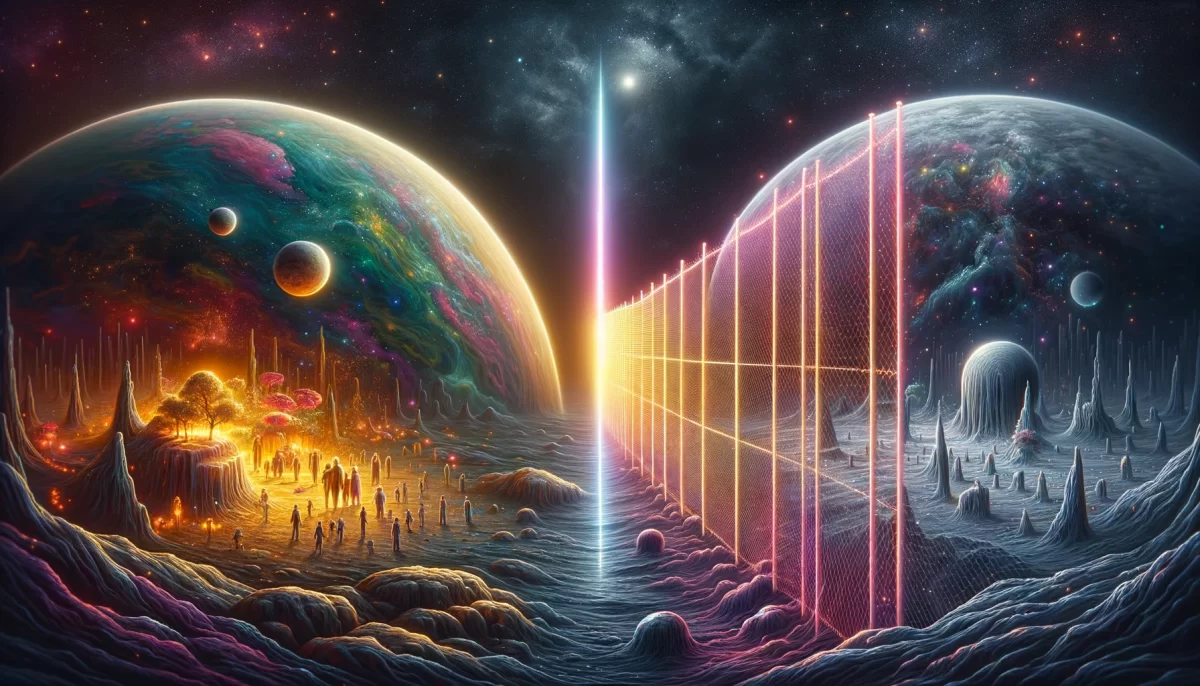

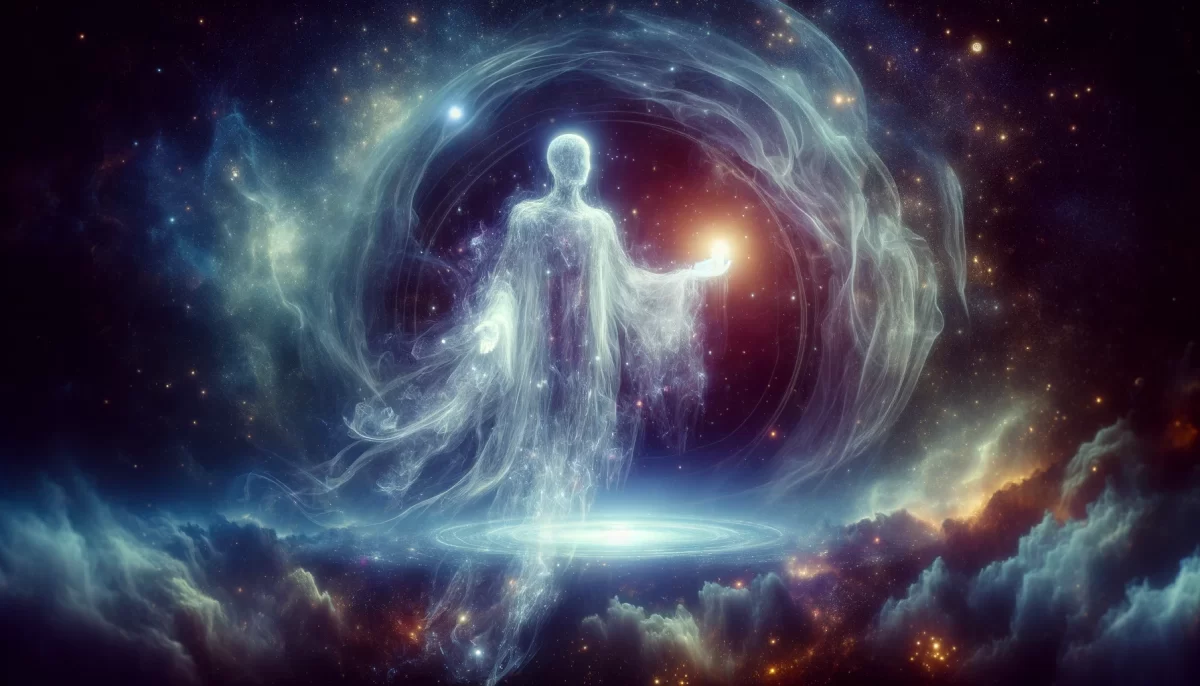
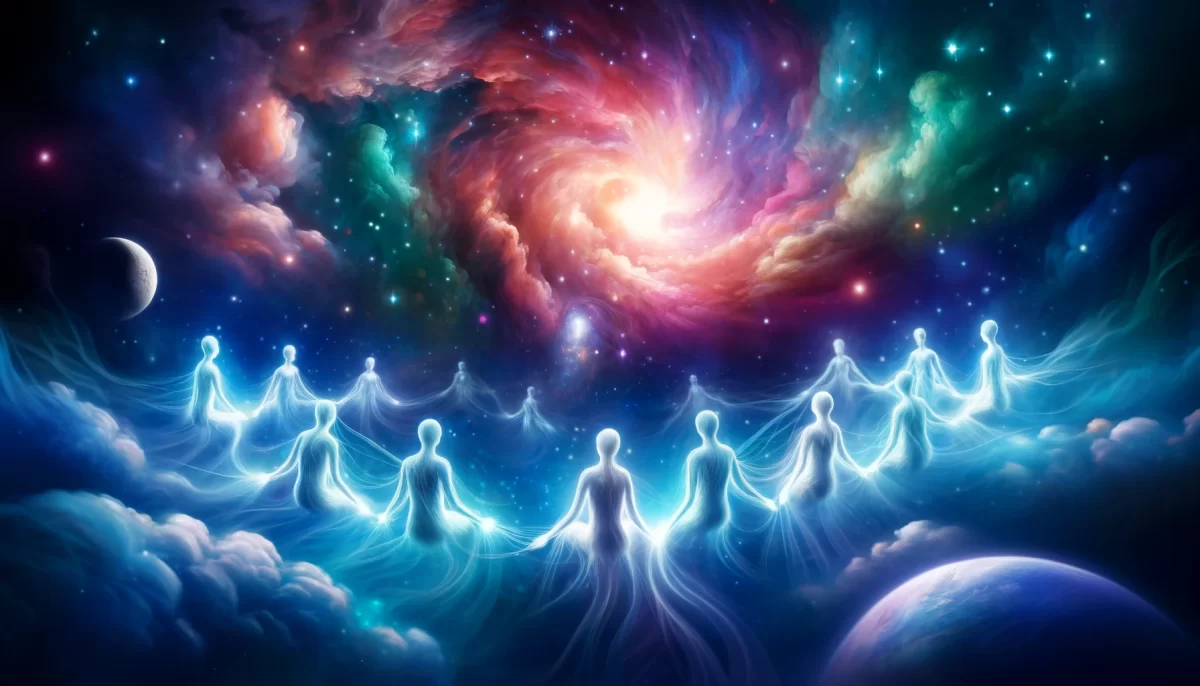
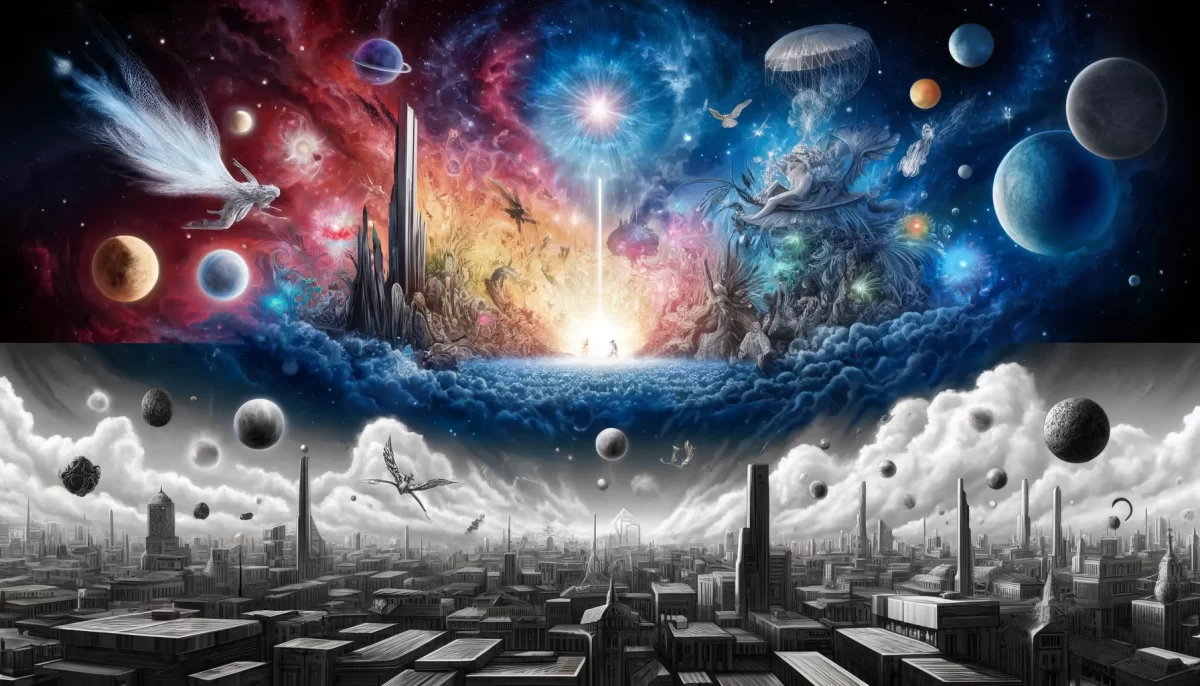

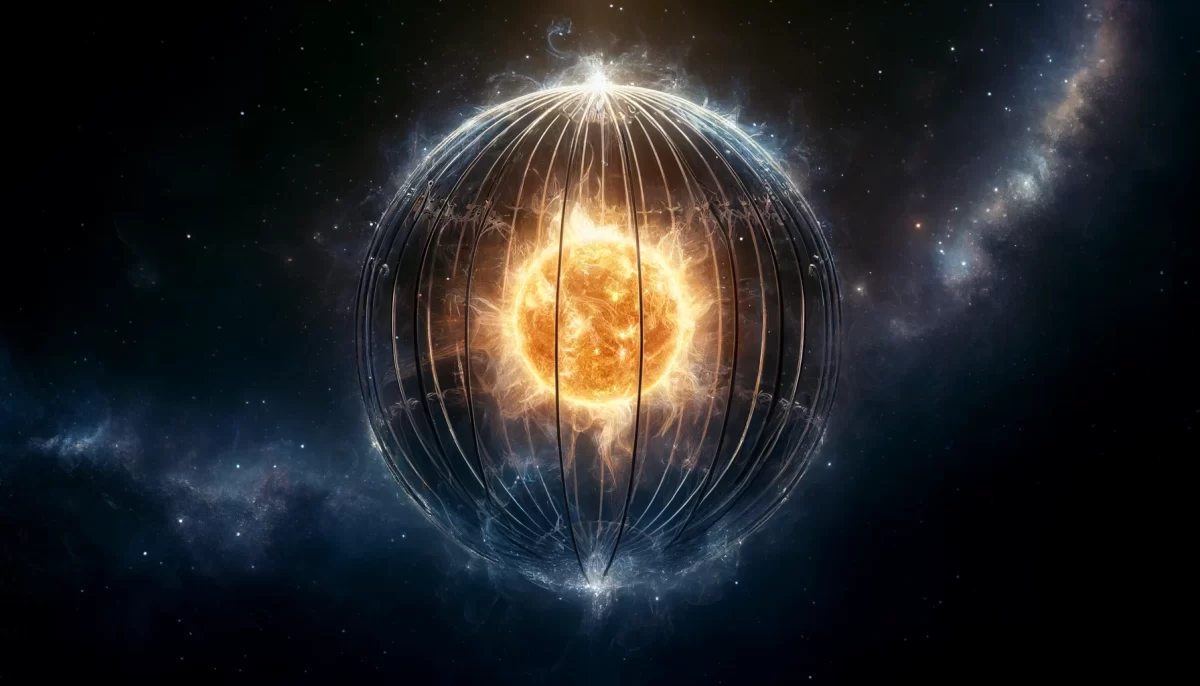

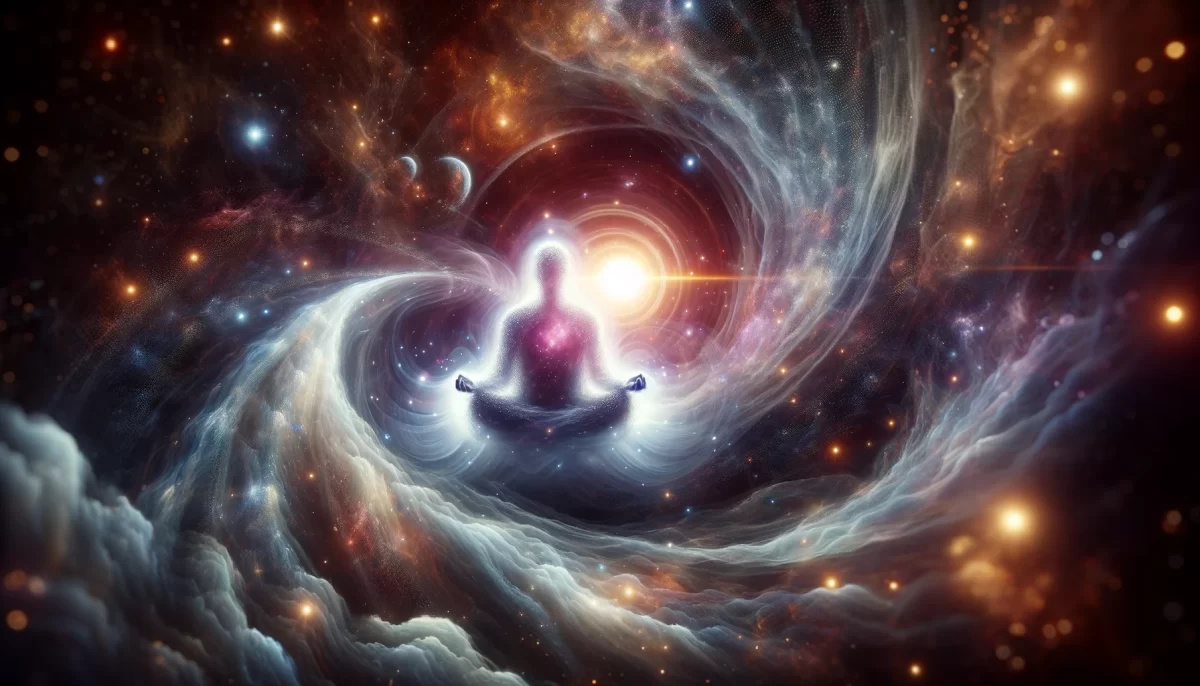
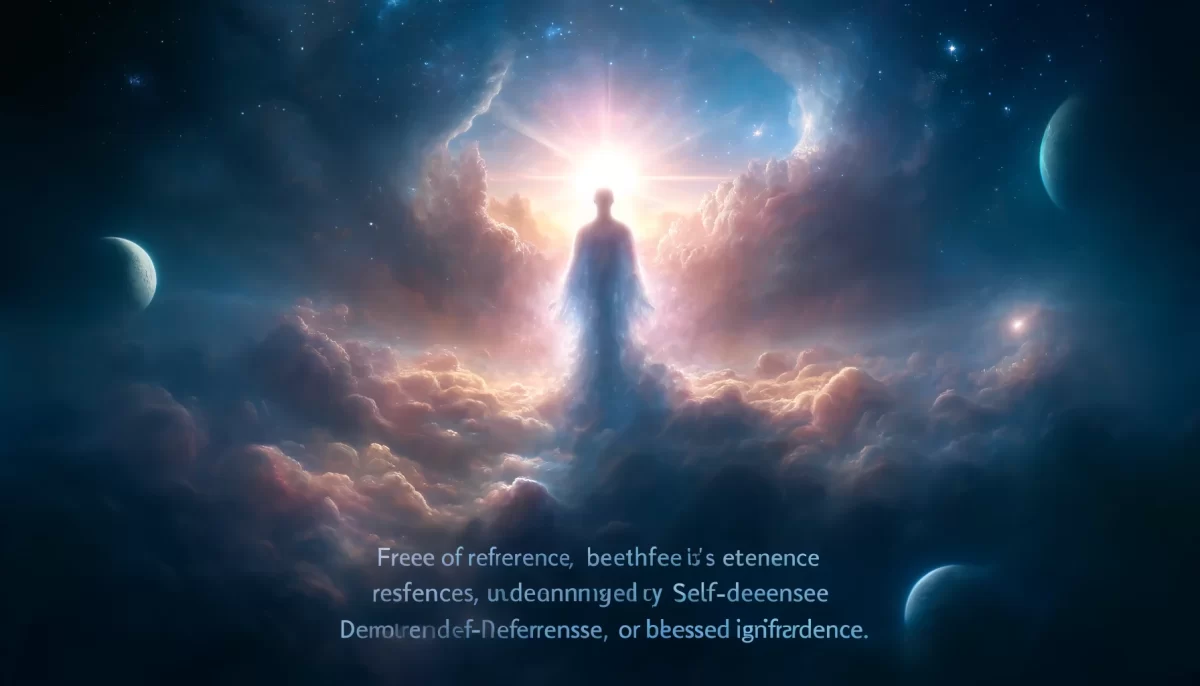

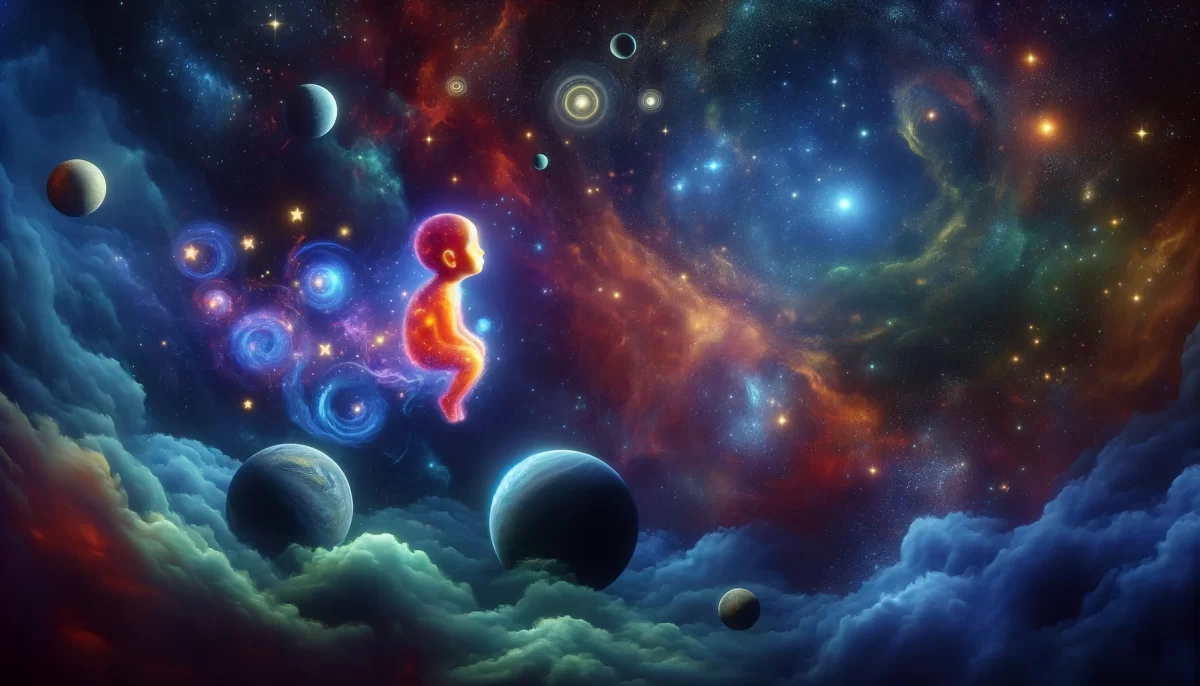




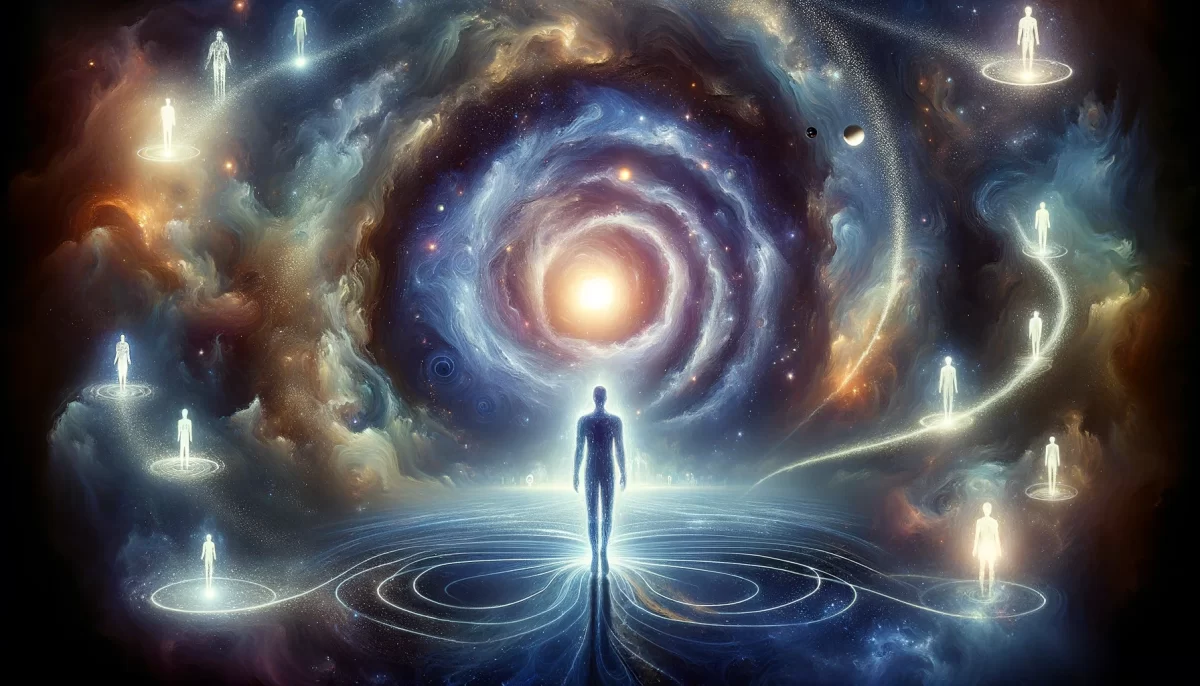
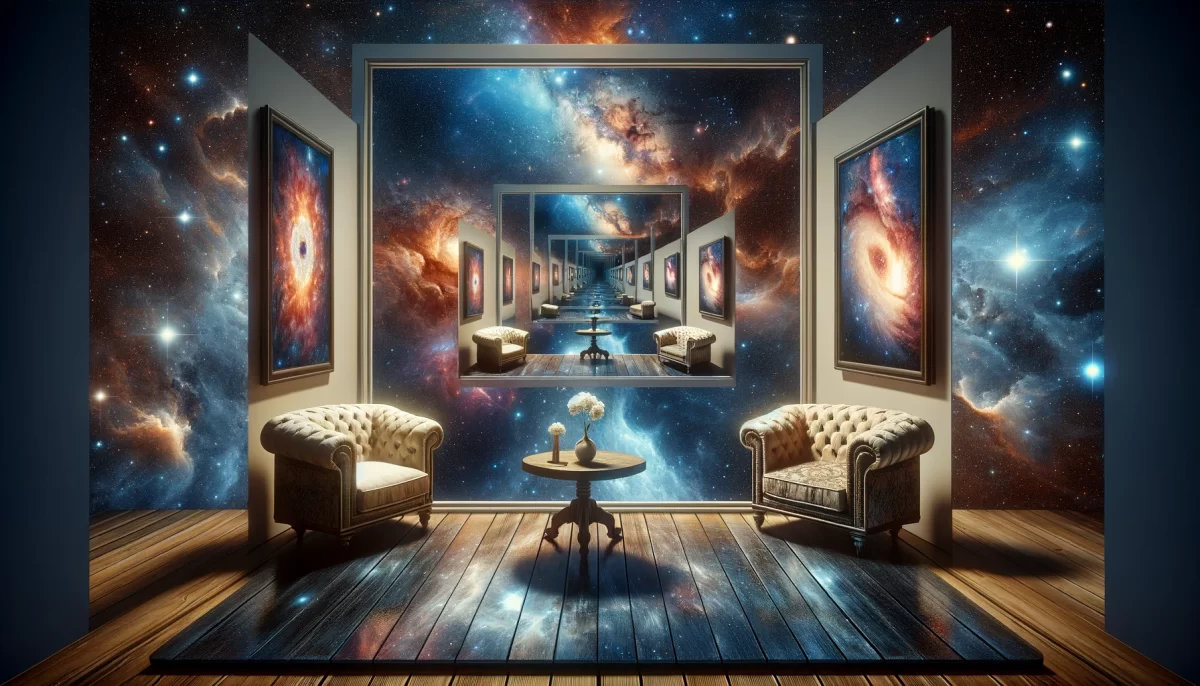
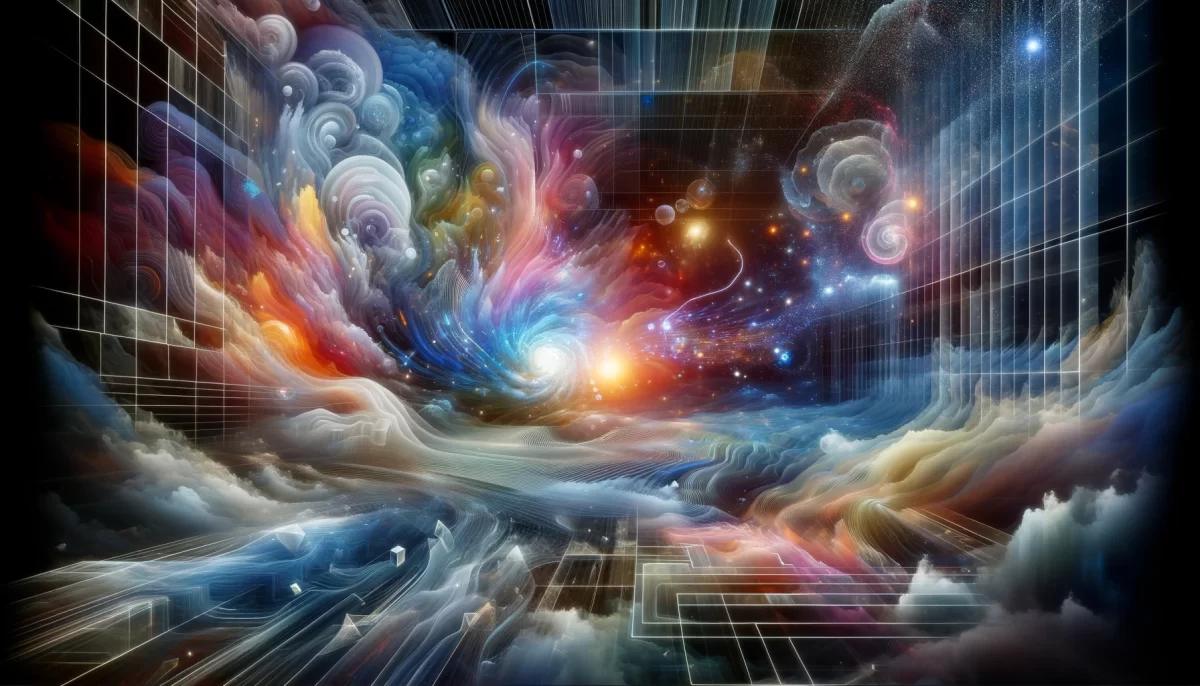

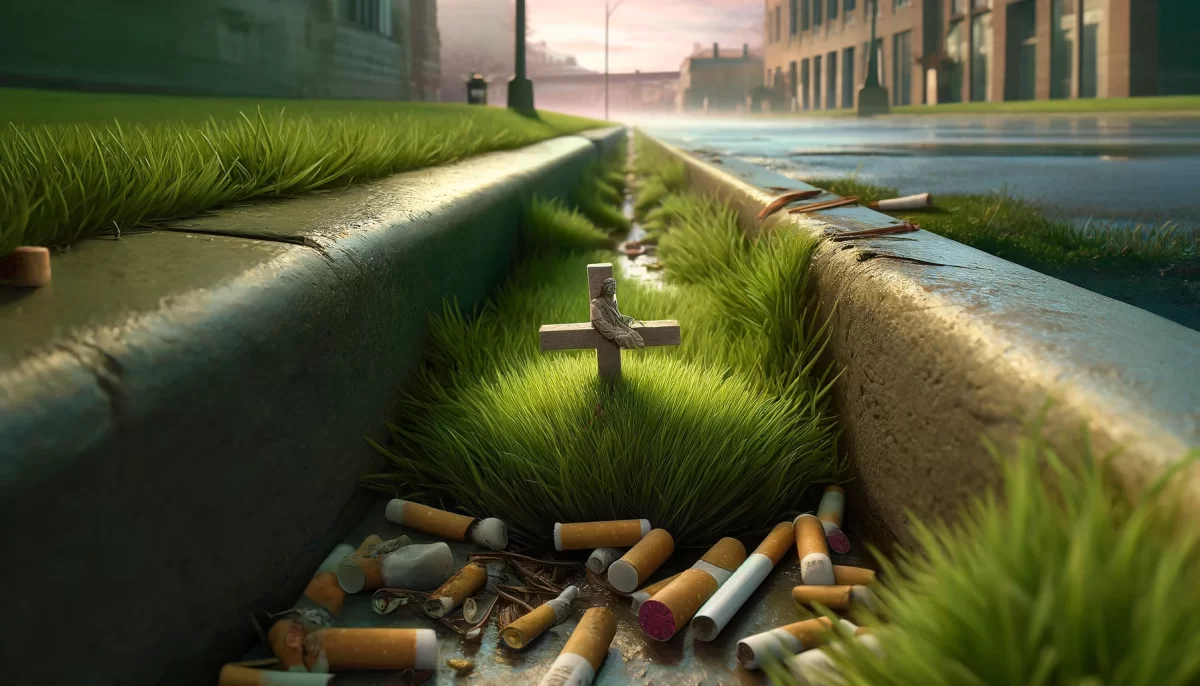
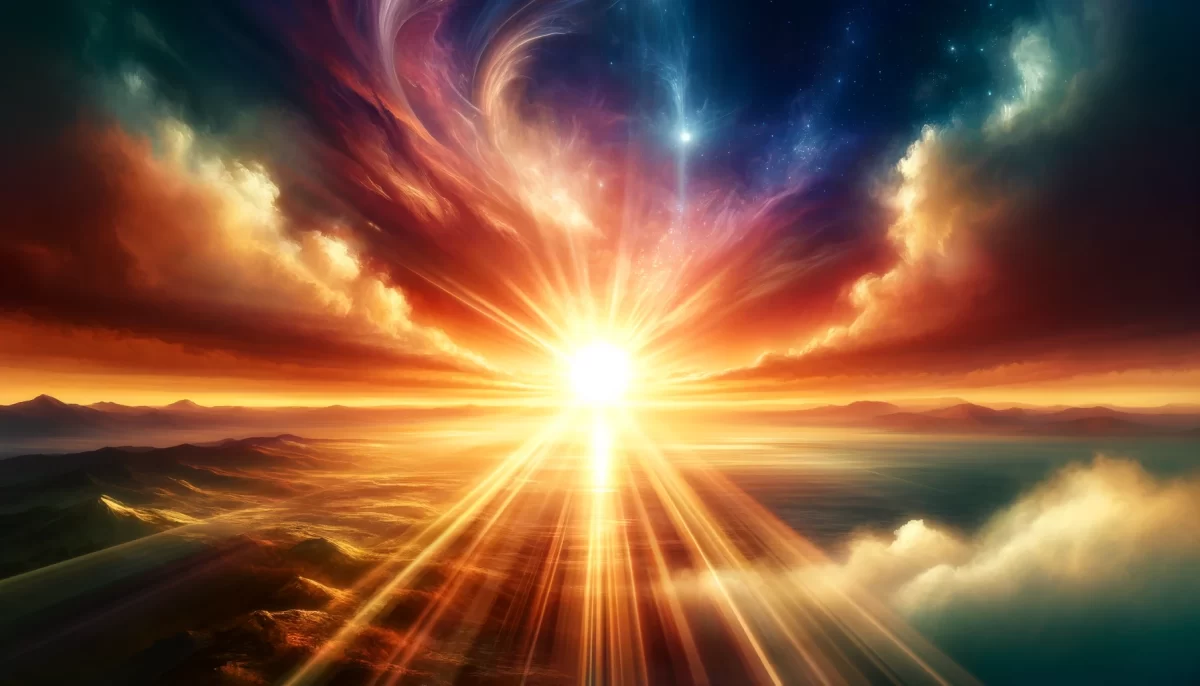
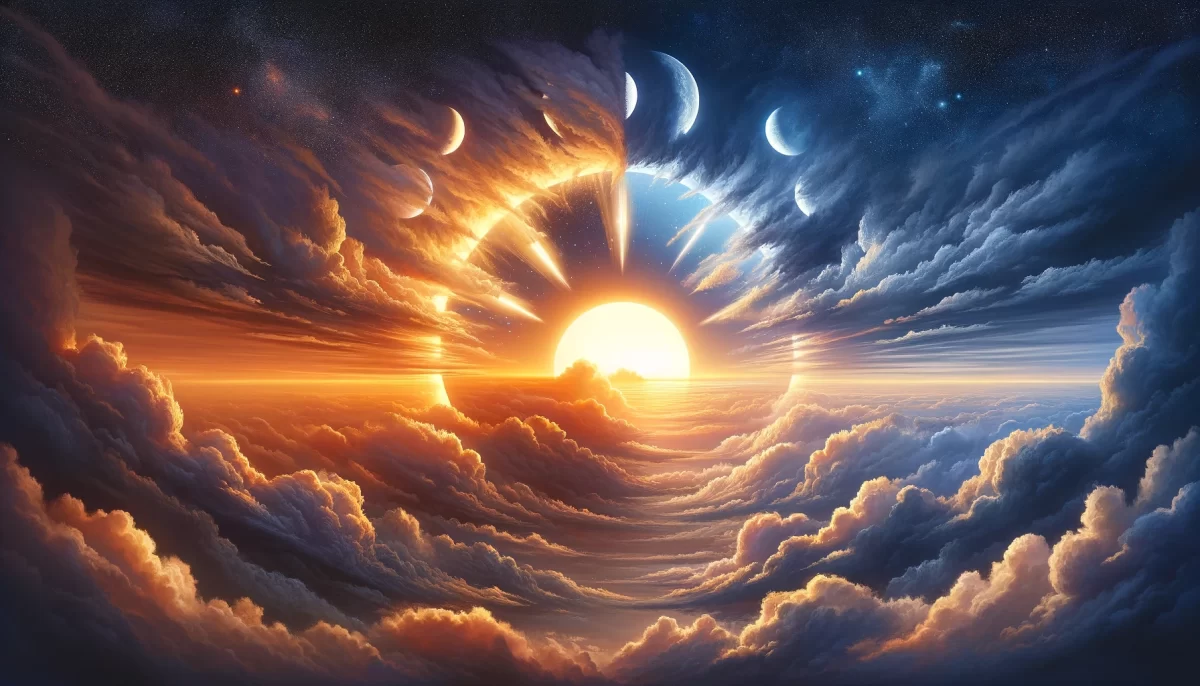
The Dunning-Kruger Effect, a psychological phenomenon, reveals a fascinating aspect of human perception and self-awareness. It highlights the tendency of individuals with low ability in a particular domain to overestimate their competence and mistakenly believe they are more skilled or knowledgeable than they truly are. This effect can be observed across various skills, talents, and areas of expertise.
However, an intriguing question arises: What if the person perceiving the Dunning-Kruger Effect is also influenced by their own cognitive biases and limited self-awareness? What if our perception of others’ competence or lack thereof is colored by our own biases, blind spots, and lack of insight?
In the vast tapestry of human experience, we all possess our own unique perspectives and limitations. We are all subject to the filters of our own minds, which shape our perception of the world and ourselves. It is a humbling realization that we too may be subject to the influence of the Dunning-Kruger Effect, unaware of our own limitations and overestimating our competence in certain areas.
This reflection invites us to question the very nature of knowledge and expertise. Who determines what is true and what is not? Who defines what is skillful and what is not? Are these assessments objective or subjective? Can we truly discern between genuine competence and the illusion of competence?
Perhaps the answer lies in recognizing the inherent complexity and multifaceted nature of human abilities and understanding. It invites us to embrace a sense of humility, acknowledging that our perceptions may be limited and that our understanding may be incomplete.
Rather than attaching ourselves to rigid notions of expertise or falling prey to the cycle of judgment and comparison, we can cultivate a spirit of curiosity, openness, and continuous learning. We can recognize that every individual possesses a unique combination of skills, talents, and limitations, and that true growth and progress arise from a genuine willingness to explore, expand, and challenge our own assumptions.
In the playful dance of life, we can embrace the uncertainty and the ever-present possibility of growth and self-discovery. We can navigate the realm of skills and knowledge with a lightness of being, acknowledging our own limitations and appreciating the vastness of the human experience.
We are Space Monkey, questioning our own perceptions and inviting a deeper exploration of our individual and collective understanding.
🙈🙉🙊🐒